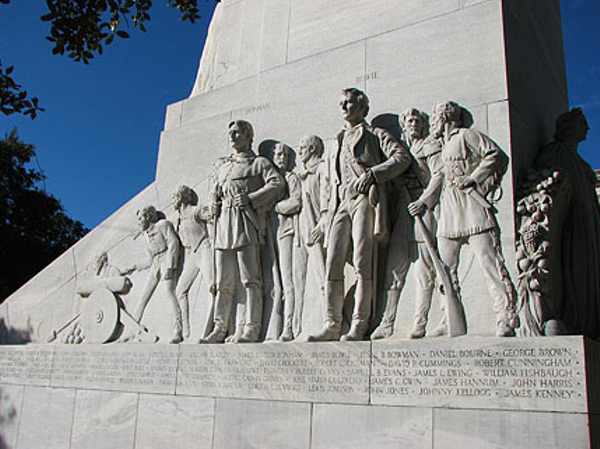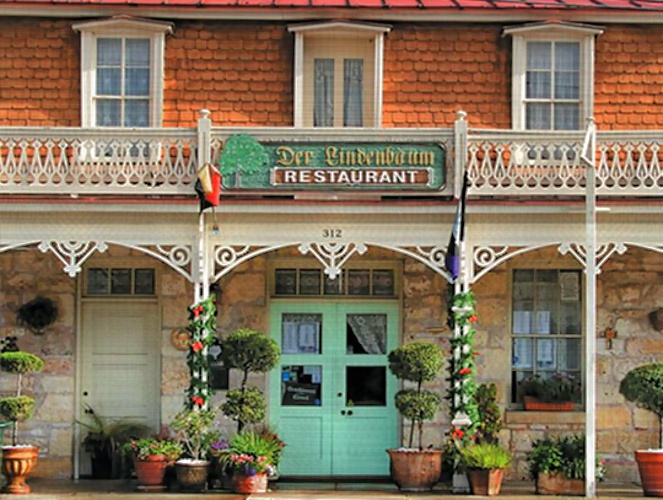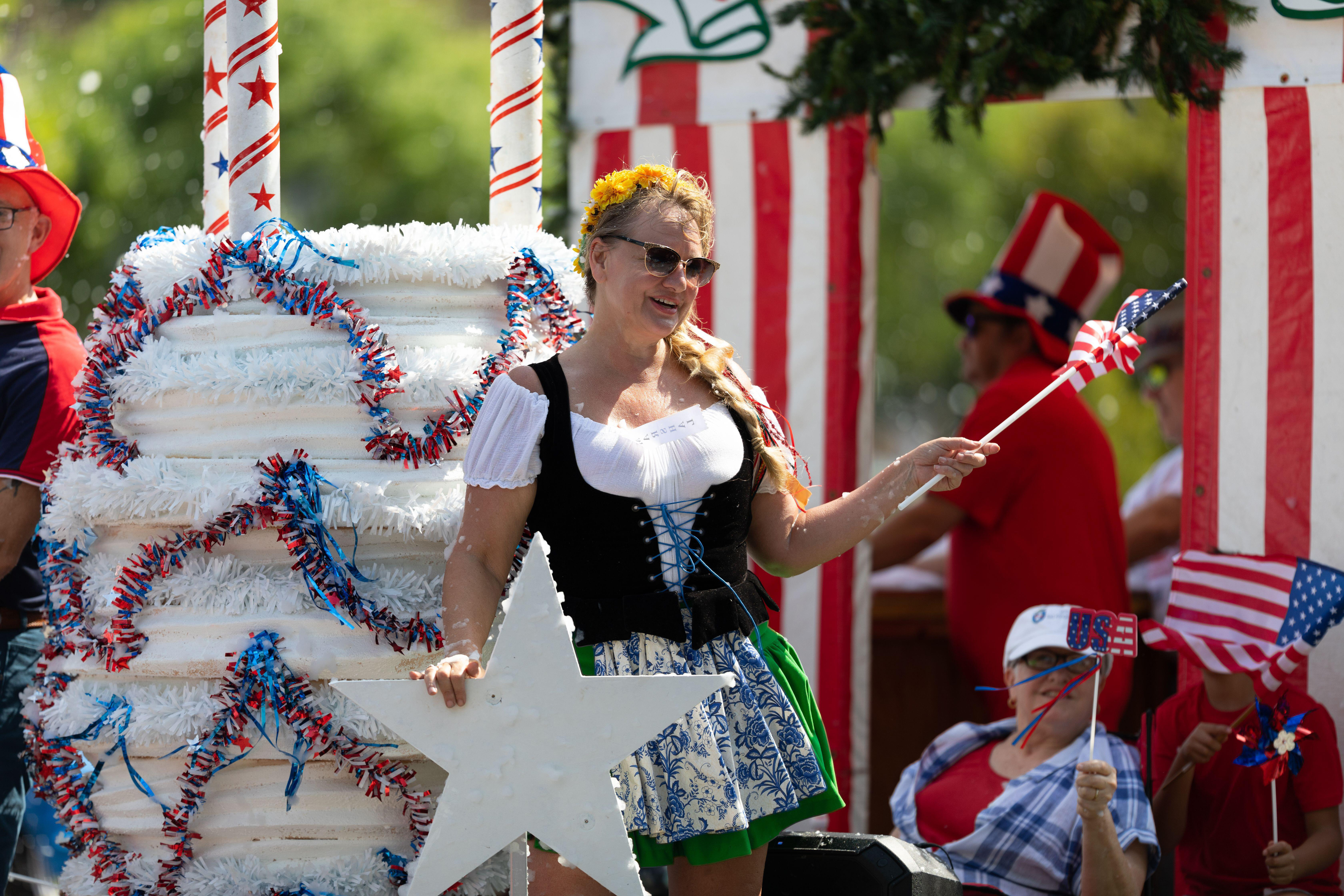America’s largest immigrant population introduced Teutonic traditions that seem native now

[shopping_cart_button text=”How German Ingenuity Inspired America: More Fun, Beauty, More Freedom by Lynne Breen” price=”Buy Now” url=”https://www.amazon.com/gp/product/0578756196?ie=UTF8&linkCode=ll1&tag=historynet02-20&linkId=7578cf1e14f28bd89075680430e71261&language=en_US&ref_=as_li_ss_tl”]
Germany mattered to America and Germans mattered to Americans well before either nation existed, and, despite epic ruptures in the form of two world wars and one cold war, have continued to matter to this day.

Immigrants like Daniel Pastorius, who founded Germantown, Pennsylvania, and John Peter Zenger, who helped birth freedom of the press, were but two of thousands of German speakers to exchange a patchwork homeland for the possibilities implied by a checkerboard of colonies across the Atlantic.
Upon the arrival on the world stage of the United States, those thousands multiplied into millions, especially when famine and later political turmoil engulfed Europe in the 1800s. Germans became and long remained the country’s single largest emigre population, a salubrious presence celebrated in a new volume that profiles scores of Germans and German-Americans and the particular enhancements, familiar and unfamiliar, they brought to this country.
With infectious exuberance and enviable concision, Lansing, Michigan, journalist Lynne Breen reminds readers how broadly and deeply the older culture has enriched the younger, and how America has benefited from German innovations and welcomed German immigrants. Breen’s research was inspired by a fellow Michigander born in Stettin, Germany, but transplanted to America as a prisoner of war captured at Normandy. Like many a forcibly relocated Landser, Ernst Floeter, already was half in love with the New World from a boyhood spent reading Karl May’s “cowboys-und-Indianer-Geschichte” and watching Hollywood westerns. He fell the rest of the way and resolved to return for good, which he did in 1957, building a career as a photographer and becoming a citizen.

In 200-plus vividly illustrated and written pages, Breen honors her late friend’s embrace of his adopted land by telling the fascinating, amusing, bracing, illuminating stories of score upon score of Germans of like mind. Anyone with a friend or relative who boasts of a trace of Teutonic heritage can stop worrying about that next birthday gift. —Michael Dolan is editor of American History. His maternal grandmother, whose family name was Ümph, emigrated from Cologne, Germany, to Albany, New York, in the 1870s.





